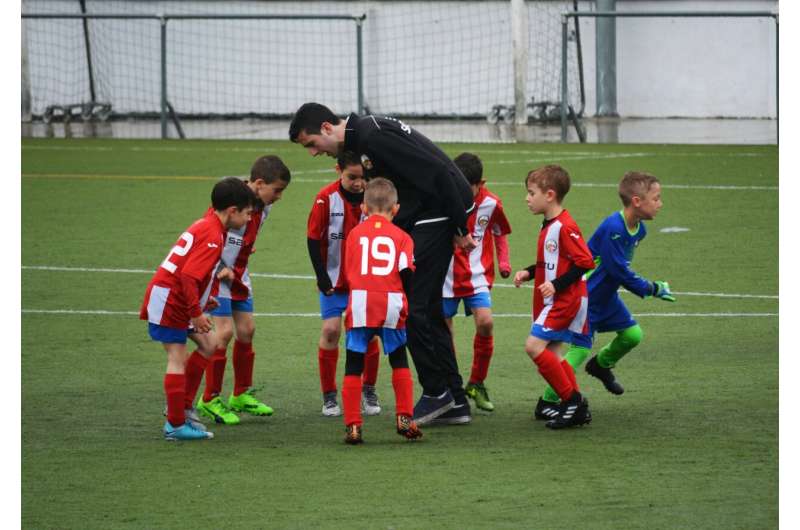Maternal Depression Significantly Affects Parenting Quality

A recent comprehensive review reveals that maternal depression significantly impairs parenting behaviors, mother-baby bonding, and family wellbeing. Effective interventions can improve outcomes for mothers and children alike.
Recent comprehensive research has highlighted the substantial impact maternal depression has on various aspects of parenting. A systematic review published in the Harvard Review of Psychiatry examined data from numerous international studies conducted between 2013 and 2023, revealing that mothers experiencing depression often face significant challenges in their parenting roles. Maternal depression, characterized as major depressive disorder (MDD) occurring during pregnancy or within 4 to 30 weeks postpartum, has been consistently linked to adverse parenting behaviors.
The review encompassed 29 observational studies from diverse regions, including Europe, Asia, Latin America, North America, and the Middle East, with a focus on parenting practices such as behaviors directed towards children, rather than broader parenting styles. Findings consistently showed that maternal depression impairs mother-baby bonding, reduces sensitivity and involvement, and diminishes positive interactions like smiling or touching. Higher depression scores correlate with more significant damage to the mother-child bond. Additionally, depressed mothers tend to exhibit increased negative emotions, hostility, inconsistent discipline, and relaxed approaches to child-rearing.
While some research noted no significant relationship between maternal depression and certain aspects like sensitivity or positive regard, the overall evidence underscores the importance of addressing depression to support healthy parent-child relationships. Interventions utilizing cognitive behavioral therapy and mindfulness have shown promise in improving parenting behaviors and maternal mental health, ultimately benefiting family dynamics.
This extensive review underscores the critical need for effective psychological interventions for depressed mothers, emphasizing that improving maternal mental health enhances not only the well-being of the mother but also the developmental outcomes for children.
Source: https://medicalxpress.com/news/2025-07-maternal-depression-substantially-compromises-parenting.html
Stay Updated with Mia's Feed
Get the latest health & wellness insights delivered straight to your inbox.
Related Articles
Study Finds Strong Friend and Sibling Bonds Help Preteens Adjust to School and Early Adolescence
New research shows that close friendships and sibling relationships play a vital role in helping preteens adjust emotionally to school and early adolescence, especially amidst family challenges.
Understanding the Stress Parents of Children with Autism Face and How Support Can Make a Difference
Parents of children with autism experience heightened stress due to numerous challenges. Understanding these struggles and offering community support can significantly improve family well-being.
Silent Challenges Faced by Post-9/11 Veterans Contributing to Rising Suicide Rates
A new study highlights how emotional struggles like loneliness and perceived burdensomeness contribute to the rising suicide rates among post-9/11 veterans, emphasizing the need for early intervention and support.
A Whole-Club Strategy for Promoting Youth Mental Health
A comprehensive, whole-club approach is essential for effective youth mental health promotion in sports clubs. Engaging all stakeholders helps create supportive, inclusive environments that embed mental health strategies into routine practices. Learn how sports organizations can foster sustainability and positive impact.



